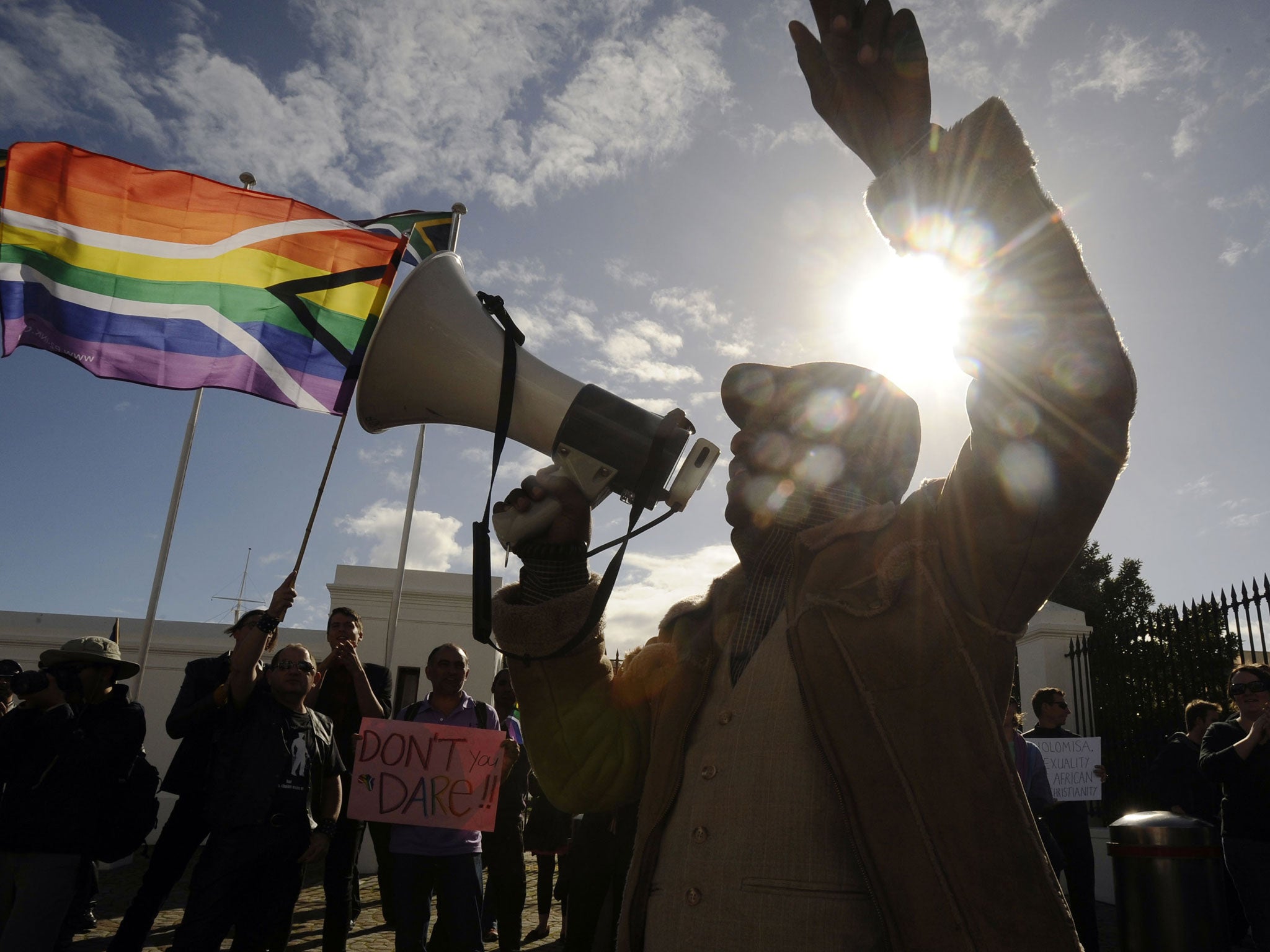Fear of imprisonment for being gay in African countries is grounds for asylum, EU court rules
The ruling follows a request for advice from The Netherlands about three gay refugees seeking asylum from Uganda, Sierra Leone and Senegal

The European Union’s highest court has ruled that the fear of imprisonment for homosexuality in African countries is grounds for asylum in the EU.
The ruling follows a request for advice from The Netherlands about three gay refugees seeking asylum from Uganda, Sierra Leone and Senegal.
According to the European Court of Justice (ECJ) the existence of laws that could lead to the imprisonment of homosexuals, "may constitute an act of persecution per se" if they are routinely enforced.
The Luxembourg-based court stated that it was unreasonable to expect gay people to hide their sexuality in their home countries in order to avoid persecution. Concealing their sexuality would amount to renouncing a "characteristic fundamental to a person's identity," the court said.
In the case of the three men seeking asylum in The Netherlands the application was initially denied on the grounds that the men could “exercise restraint” to avoid persecution. The Dutch Council of State, an advisory body to the government, subsequently took the case to the ECJ for a ruling.
Despite the ruling it is up to the authorities in sovereign countries to decide “whether, in the applicant’s country of origin, the term of imprisonment…is applied in practice”.
The ECJ says laws specifically targeting homosexuals do make them a separate group, however, a ban on homosexual acts alone is not grounds to grant asylum.
International law says that a social group with a 'well-founded' fear of persecution can claim asylum status if the persecution amounts to a severe violation of human rights.
Homosexual acts are considered unlawful in most African countries and Amnesty International has said homosexuality is "increasingly criminalised across Africa," with 36 nations there having laws against same-sex conduct.
Nations that consider homosexual acts illegal include Nigeria, Kenya, Botswana and Uganda.
Amnesty has also said that homophobic attacks have reached dangerous levels in sub-Saharan Africa and that this relates to the "toxic message" that lesbian, gay, bisexual and transgender people are criminals. A number of the continent's leaders have said homosexuality is un-African.
In 2010 the Supreme Court in the UK ruled that two gay men from Iran and Cameroon have the right to asylum in the UK, after they were initially told by the Home Office that they could safely return home if they were "discreet” about their sexual orientation.
Join our commenting forum
Join thought-provoking conversations, follow other Independent readers and see their replies
Comments